Rottweilers are a breed that can make them easily recognizable with their highly muscular body, huge heads, and beautiful tan and black markings on the fur. Rottweilers are mainly famous for their strength, brain, and loyalty towards their owner.
People who love this breed and want to adopt these dogs can be of two types- one who considers these large dogs loved and loved and the other who wants to adopt them as a no-nonsense guardian dog. People generally have reservations against this breed, as they are highly ferocious, and reports have come in that they have killed people.
But the breeders take the optimum level of care to ensure the reputation created in the world changes. With professional training, the large and ferocious dogs are well-trained to be the Gentle Giant.
Rottweilers are a relatively inexpensive breed. But it is the cost of vet doctors, medicines, and other health-related expenses that shoot up the monthly bills of dog owners. Rottweiler health issues are common, and this article will discuss them all.
1. Hip Dysplasia
Hip dysplasia is one of the most common inherited orthopedic diseases found in dogs who belong to large breeds. The hip structure consists of a ball as well as a socket joint. The ball is referred to as the top of the femur. It fits in a socket created by the pelvic structure.
In Rottweilers, it is observed several times that the ball and socket get loose. If that happens, the ball goes out of the socket. It is known as hip dysplasia.
2. Elbow Dysplasia
It is not an issue that never limits itself to the giant breed of dogs but is common for the smaller ones. Sadly, the prominence of this disease is being seen in more and more dogs in recent times. Dogs with this condition usually get it when they are pups; unfortunately, it stays with it for the rest of their life. Dogs with this condition suffer from their elbow joints.
Certain factors contribute to this condition. These include overfeeding, quick weight gain, faster growth, and genetic predisposition. Grades carry measurements of the level of elbow dyslexia after conducting an x-ray. If the grade is 0, your dog does not have dysplasia; if the grade is 3, your dog suffers from a high level of dysplasia.
3. Entropion
It is a problem that mainly revolves around the Rottweiler. What happens here is that the eyelids start rolling in the opposite direction. As a result, the eyelashes tend to rub against the ice surface. It is painful for the dog and further leads to cornea damage, thus causing ulcers.
There are degrees of severity of this disease. When it becomes too severe, an operation is advisable.
4. Ectropion
Entropion is the inward rolling of the eyelids; ectropion is just the opposite. It is the rolling of the eyelids in the outward direction. This condition has a positive aspect. It tends to cure by itself as the dog grows and matures. It may make the dog liable to get infected with conjunctivitis.
This issue is genetic and does not require any specific surgery. Certain diseases are prone to get caught by the Rottweiler. However, they subside as the dog matures.
5. Cruciate ligament rupture
It is one of those Rottweiler-specific diseases involving the ligaments that cross behind the dogs’ kneecap. These ligaments are vital in holding the bottom and top parts of the hind legs together. In Rottweilers, these ligaments get stretched or ruptured.
In a worst-case scenario, they may break apart, resulting in the dog getting lame for the rest of his life. However, surgery can solve the issue.
6. OCD (Osteochondritis dissecans)
It is a common name given to issues affecting the joint areas of the dogs like hawks, Aldo elbows, and shoulders. OCD affects those dogs between the age group of 4 to 6 months. Here, the growth of the bone is not average because they do not grow at the same time.
It has been observed that, at times, the bones break apart as the joints are no longer capable of handling bones of various sizes. It causes the dog immense pain. This problem can easily be detectable by x-ray and solved by surgery.
7. Cancer
As known to all, this is the worst of all diseases, be it human or dog. Sadly, cancer is common in Rottweilers. Cancer can affect any body part, including lymphoma, spleen, liver, and bones. Bone cancer is the most common form of cancer in Rottweilers. It is a malignant bone tumor that is progressive and can prove fatal for the dog.
The deterioration starts with the dog becoming lame, so the situation worsens over time. However, if diagnosed early, treatments can be done to get the tumor eliminated. There is another issue: this breed is very tolerant to pain, and thus early detection is nearly impossible.
Read Also: What Should I Know Before Owning A Rottweiler Puppy?
8. Wet Eczema
This issue is not limited to the Rottweilers but to other dogs with a thick undercoat. It generally starts with a bite from a flea. It becomes a contained weeping mass if it is not dealt with immediately. It spreads at a rapid pace.
The best way to deal with it is to shave the hair close to the skin and rub it with a loofah. Repeat these 3 to 4 times daily until you notice a new skin forming on top of the affected area.
Conclusion
Understanding and addressing Rottweiler’s health issues is crucial for responsible dog guardianship. By staying informed and proactive, you can ensure the well-being of your Rottweiler companion, fostering a healthy and happy life together.
FAQs
Q: What is the recommended frequency for grooming a Rottweiler?
A: Regular grooming is essential. Brush your Rottweiler’s coat at least once a week to minimize shedding and promote a healthy coat.
Q: Are Rottweilers good with children and other pets?
A: Rottweilers can be excellent family dogs if properly trained and socialized. Supervise interactions with children, and early socialization helps them get along with other pets.
Q: How much exercise does a Rottweiler need daily?
A: Rottweilers are an active breed. Aim for at least 1-2 hours of exercise daily, including walks, playtime, and mental stimulation to keep them happy and healthy.

 DogExpress
DogExpress

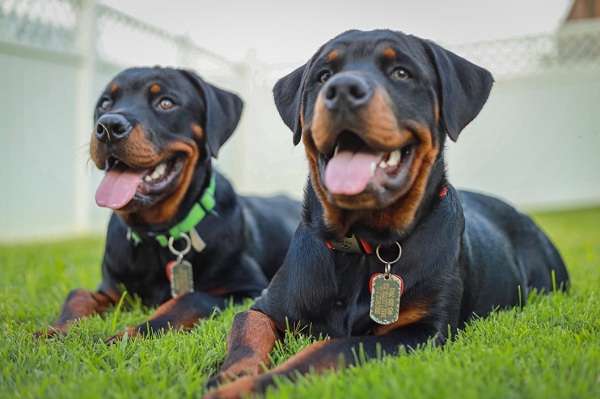

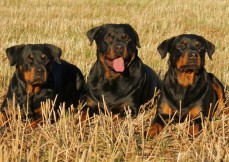
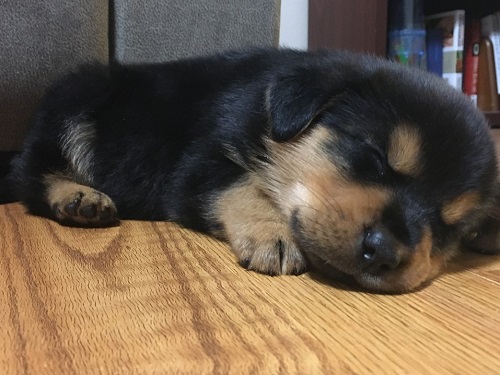
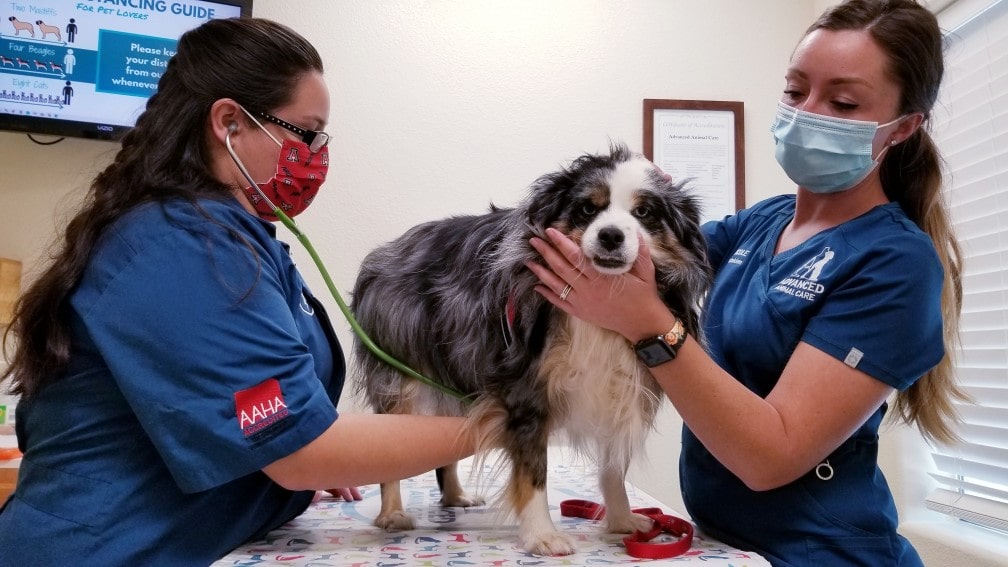
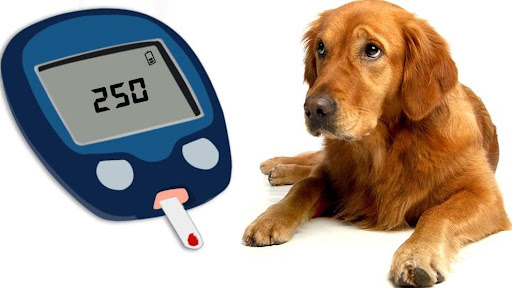

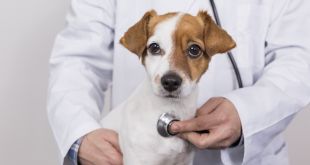












 in Chandigarh, India.
in Chandigarh, India. 
